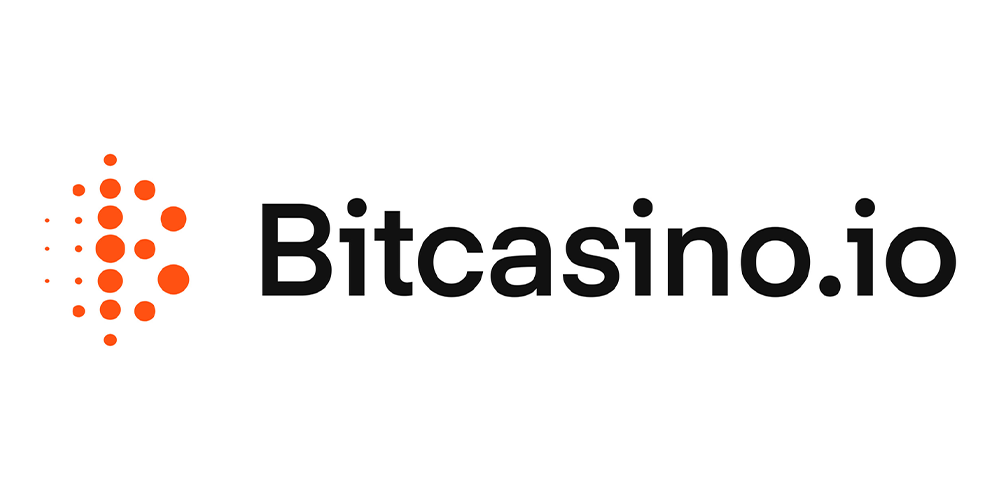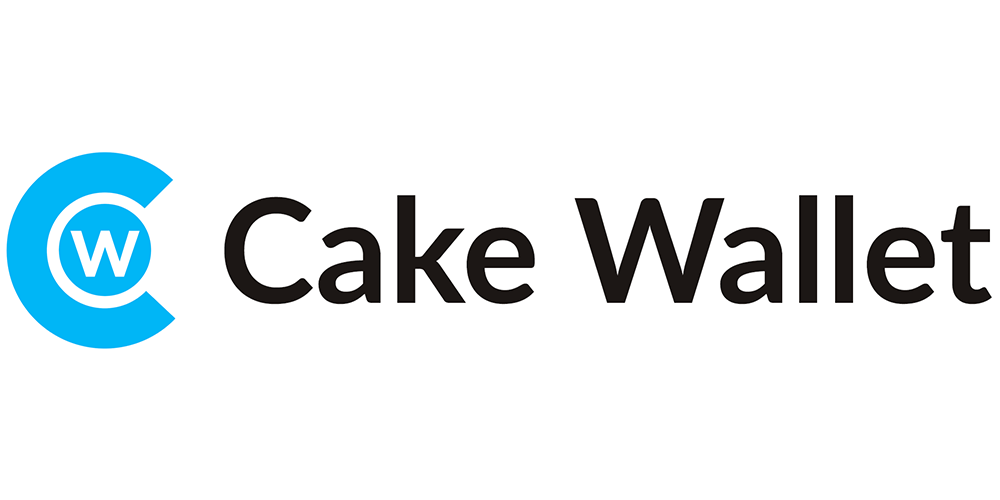The Crisis of Inflation with Lyn Alden
Where to find the show
Download Episode MP3 File
The file will open in a new window. Click down arrow to download the file.
“I think we’re going through a quote-unquote ‘fourth turning,’ so a time period where we’re examining our existing institutions. We’re decreasing our level of trust in them, whether it’s governments, whether it’s media, whether it’s corporations… basically the things that have been built over the past 50-100 years, and wanting to build new institutions. And that transition is always very messy.”
SHOW DESCRIPTION
Lyn Alden is a macroeconomist and investment strategist. In this interview, we discuss the macro environment. We zero in on the current inflationary crisis, focusing on the demand/supply problems with energy, prospects for recession, and the impact on markets and countries.
- - - -
The last time inflationary pressures seriously concerned the US was the 1970s. The decade ended with inflation at nearly 15%. Many believe current inflation, real inflation, not the figures provided by the US Dept of Labor, is at least 15% if not higher. And yet, we are in a much more precarious position now than in the period of the 1970s referred to as the “The Great Inflation”.
Global debt is at an all-time high. US government debt is over 137% of GDP. Unprecedented money printing during the global financial crisis was followed by more extreme money printing during the pandemic. Most countries are now bloated with debt. Further, interest rates are still at abnormally low levels. Economies are precariously balanced. Recession is close at hand.
At the same time, there is an energy crisis. Decades of underinvestment in energy infrastructure, poor policy decisions, and geopolitical issues means we have insufficient energy supply and price spikes. In the UK 40% of households could be deemed to be in energy poverty soon. There is talk of oil reaching $300 a barrel.
Then there is an emerging food crisis. The war between Russia and Ukraine is affecting some of the biggest suppliers of wheat, sunflower oil, and fertilizer. According to the World Food Programme 276 million face famine. A cost of living crisis is hitting the most vulnerable in all corners of the globe.
We are in very uncertain times. History suggests such pressures fuel populism, protest, and conflict. How should we protect our investments in such times? What assets could weather these storms? Who can we trust?
TIMESTAMPS
00:03:32: Introductions
00:03:49: Oslo Freedom Forum
00:06:00: Stablecoins in the developing world
00:09:52: A macro overview, the inflationary crisis
00:16:13: US vs Europe, an economic comparison
00:20:20: The UK and Japan
00:23:12: A commodity bull cycle and the lack of energy supply
00:37:57: Sri Lanka, and the factors leading to conflict
00:43:31: Russia/Ukraine, and Russia's expanse of resources
00:47:53: Talk of recession, stimulus and energy discounts
00:56:45: Windfall taxes, and debt cycles
01:04:12: Current investment options, and rates
01:10:12: The Fourth Turning, and equities
01:13:37: Final comments
SUPPORT THE SHOW
If you enjoy The What Bitcoin Did Podcast you can help support the show by doing the following:
Become a Patron and get access to shows early or help contribute
Make a tip:
Subscribe on iTunes | Spotify | Stitcher | SoundCloud | YouTube | TuneIn | RSS Feed
Leave a review on iTunes
Share the show and episodes with your friends and family
Subscribe to the newsletter on my website
Follow me on Twitter Personal | Twitter Podcast | Instagram | Medium | YouTube
If you are interested in sponsoring the show, you can read more about that here or please feel free to drop me an email to discuss options.
SPONSORS
SHOW NOTES
Connect with Lyn:
On Twitter
On LinkedIn
Her Newsletter
Her Website
Mentioned in the interview:
Turks Pile Into Bitcoin and Tether to Escape Plunging Lira - Wall Street Journal, Jan 12th 2022
Proof-of-Stake and Stablecoins: A Blockchain Centralization Dilemma - Lyn Alden, Nov 2021
The Supply Chain Crisis Is About to Get a Lot Worse | WIRED - Mar 28th 2022
Food and Energy Price Shocks from Ukraine War Could Last for Years - World Bank, Apr 26th 2022
Treasury Secretary Janet Yellen says she was wrong about the risks of inflation - NPR, Jun 1st 2022
Russian oil: EU agrees compromise deal on banning imports - BBC, May 31st 2022
Bank of Japan vows limitless defence of yield target | Reuters, Apr 27th 2022
Opec bid to kill off US shale sends oil price down to 2009 low - The Guardian, Dec 2015
Deadly Heat in India Is a Warning of Global Catastrophes to Come - Bloomberg, May 25th 2022
Swimming pools under threat as operators fear industry collapse - FT, May 27th 2022
Sri Lanka’s problems are an alarm call for emerging markets - FT, Jun 1st 2022
Every household to get energy bill discounts of £400 this autumn - BBC, May 26th 2022
Sunak orders plan for windfall tax on electricity generators - FT, May 23rd 2022
How The Economic Machine Works by Ray Dalio - YouTube, Sep 2013
Other Relevant WBD Podcasts:
WBD493: Is There a Moral Case for Fossil Fuels? with Alex Epstein
WBD445: Do We Really Understand Inflation? with Cullen Roche
WBD434: Bitcoin & The Battle For The Fate Of Humanity with Mark Moss
WBD417: How Bitcoin Helps Palestinians with Alex Gladstein & Fadi Elsalameen
WBD391: Gradually then Suddenly Pt 4: Bitcoin & The Money Printer with Parker Lewis
WBD374: Debt Cycles & the Rise of Bitcoin with Greg Foss & Dylan LeClair
WBD359: Central Banking, Bonds & Inflation with William Elman & Greg Mercer












